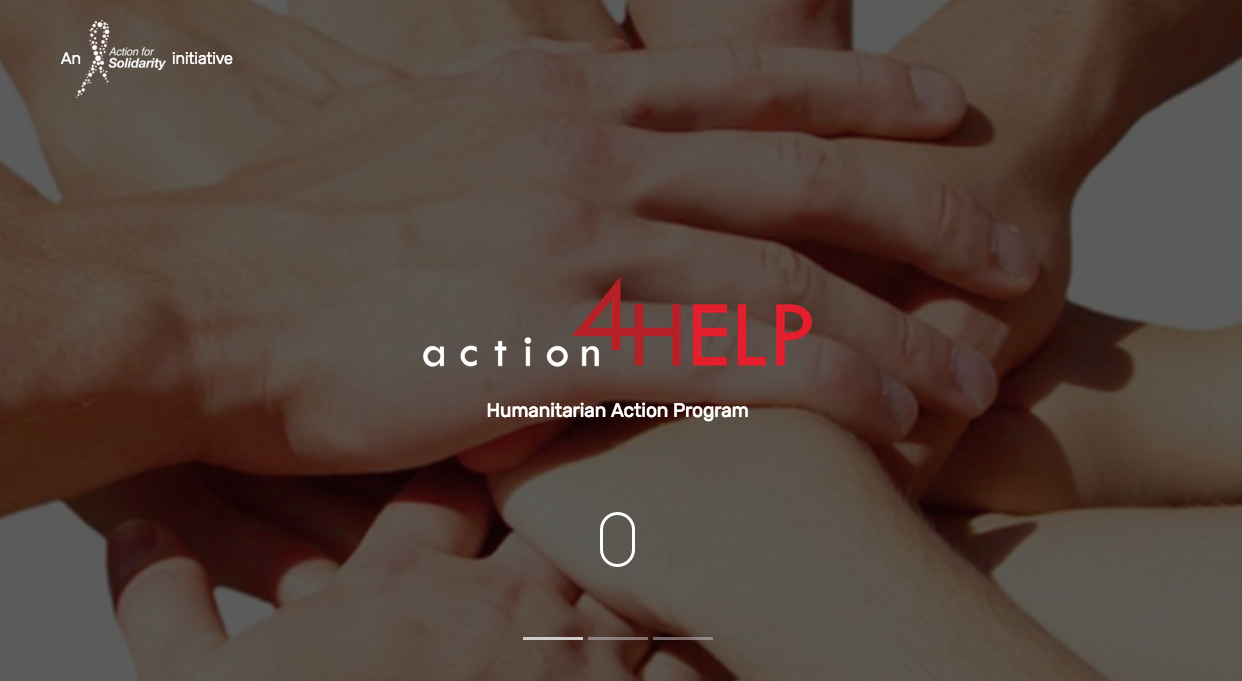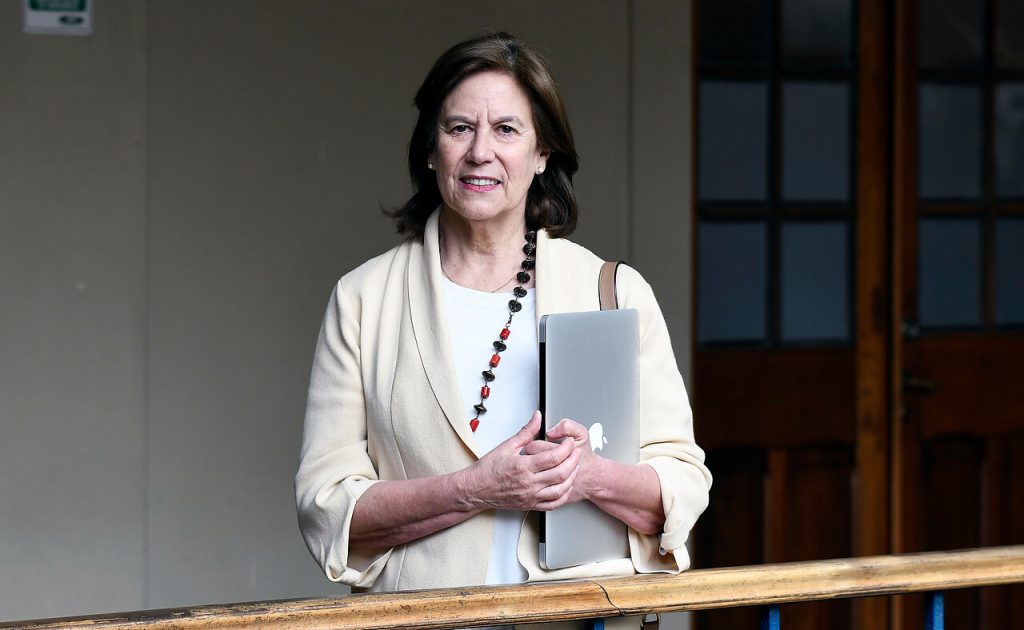Fellow, Center for International Development Growth Lab, Harvard Kennedy School at Harvard @ignandez
In the late-1970s, Daniel H. Levine concluded that “Venezuelans have achieved one of the few stable competitive political orders in Latin America”. But democracy cannot be taken for granted: on December 6, 2020, and after a major political decay, Venezuelan authoritarian ruler, Nicolás Maduro, held a parliamentary election that has been considered fraudulent by several countries.
Venezuelan political decay has evolved at an astonishing pace. When Hugo Chavez -a former military, and an authoritarian and populist leader- was elected president in December 1998, according to V-Dem, Venezuela was a functionally democratic country. Despite a growing political crisis resulting from economic decline, conditions assured free and fair presidential elections.
But shortly after his election, and with powerful populist rhetoric, Chávez transformed Venezuela into competitive authoritarianism. After Chávez died, in 2013, Nicolás Maduro was elected president in a contested election. Despite the advance of authoritarianism, in December 2015 the democratic opposition was able to win the supermajority of the Venezuelan Congress, the National Assembly.
It was hoped that the 2015 parliamentary election was the beginning of Venezuela’s democratic restoration. But as Norris et al., concluded in “The Electoral Integrity Project: The Year in Elections, 2015”, “talks of the ‘end of Chavismo’ obscured the fact that the Venezuelan election performed poorly in all stages of the electoral cycle according to PEI experts, with an overall PEI Index of only 42 (global mean: 56)”. What happened after the election demonstrates the relevance of those warnings: thorough several “emergency decrees” and tens of rulings of the Supreme Tribunal -that Maduro controlled few days after the parliamentary election- the authority of the National Assembly was stripped down. Finally, in July 2017, Maduro organized a fraudulent election of a parallel assembly. As Steven Levitsky pointed, this was the end of democracy in Venezuela.
The weak competitive institutions were dismantled. Under those circumstances, Maduro’s parallel assembly organized the presidential election in May 2018 (discussed in the previous Otala blog). After Maduro was proclaimed president, several countries and organizations like the Organization of American States repudiated the election, as I explained here. As EIP concluded, in this election “Venezuela performs extremely poorly on electoral integrity throughout the various stages of the electoral cycle, well below the global average on all dimensions”. This report includes the following chart, with the PEI sub-dimension of the 2018 elections:

Chart N° 1: PEI sub-dimension of the 2018 elections , Source: “Electoral Integrity Worldwide” PEI 7.0, 2019
The evolution of the electoral democracy index -that measures the electoral competition for the electorate’s approval- summarized the breakdown of the electoral integrity conditions in Venezuela since the 1998 election of Chávez:

Chart N° 2: Electoral Democracy Index on Venezuela (1998-2019)
Source: V-Dem Institute
The repudiation of the 2018 presidential election led to the international recognition of the National Assembly speaker, Juan Guaidó, as Interim President, until free and fair elections are held. As stated by Miguel Angel Lara “it is Guaidó, a democratic leader who is calling for internationally supervised free and fair elections, and not Maduro, a dictator who barely keeps a democratic façade, who should be regarded and recognized as Venezuela’s president”. Despite this international support, Maduro has preserved power, while the fragility of Venezuela is dramatically increasing.
Considering the several international statements that rejected the 2018 election, it is possible to conclude that any election held in Venezuela, under the same -or worst- conditions than the 2018 presidential election, should follow the same result: the international and national repudiation.
In June 2020, Nicolás Maduro announced parliamentary elections for December 6, 2020. In just a few weeks, the Supreme Tribunal adopted several rulings that reduced the already weak electoral integrity conditions. Following the report prepared by IDEA and the Catholic University Andrés Bello, these are the principles restrictions that were introduced:
a) The Supreme Tribunal appointed the five directors of the electoral authority, the National Electoral Council, although the Constitution establishes that only the National Assembly could appoint those directors through public hearings conducted by civil society organizations.
b) The Supreme Tribunal overruled the electoral laws, authorizing the new National Electoral Council to enact “electoral laws” (an authority exclusively vested in the National Assembly). Also, the new laws enacted by the electoral authority was grossly arbitrary: the number of deputies was increased, the direct vote of the indigenous population was suppressed, and the international observation was dramatically reduced.
c) Finally, the Supreme Tribunal intervened three of the main political parties of the opposition, creating “ad-hoc boards” that favored Maduro’s plan. This is a perfect example of the opposition political co-optation. Maduro was able to simulate competitiveness condition with a co-opted opposition, while the deputies of the National Assembly has been subject to political persecution, as was recently concluded by the Human Right Council’s Report of the independent international fact-finding mission on Venezuela
According to the European Union High Representative for the Common Foreign and Security Policy, in a June 2020 statement, the deterioration of the electoral integrity conditions reduced “the democratic space in the country to a minimum and create additional obstacles to the resolution of the profound political crisis in Venezuela”. Neither the European Union nor the Organization of American States accepted Maduro’s invitation to participate as electoral observers based on the lack of electoral conditions. The democratic opposition, represented in the 2015 National Assembly, decided to boycott the election.
Considering those reasons, the 2020 parliamentary elections were less competitive than the rigged presidential election of 2018. Additional evidence is the turnout: based on the information provided by the electoral authority, just 30.5% of the voters participated in the election, for a total of 6.251.080 votes. This is the lowest turnout of the recent national elections held in Venezuela:

Graphic N° 1: Turnout in the last four national elections, in millions of votes.
Source: National Electoral Council
Not surprisingly, on December 7 the National Electoral Council announced the “victory” for Nicolás Maduro, claiming the electoral control of the National Assembly, which new term will be begging on January 5, 2021.
On December 7, several countries repudiated the election. The European Union High representative declared that the “lack of respect for political pluralism and the disqualification and prosecution of opposition leaders do not allow the EU to recognise this electoral process as credible, inclusive or transparent, and its results as representative of the will of the Venezuelan people”.
The UK Foreign, Commonwealth & Development stated that “the Venezuelan National Assembly election on 6 December was neither free nor fair”. Brazil, Canada, Chile, Colombia, Costa Rica, Dominican Republic, Ecuador, El Salvador, Guatemala, Guyana, Haiti, Honduras, Panama, Paraguay, Peru and Saint Lucia, in an informal organization call “Lima Group”, concluded that “the elections to renew the National Assembly of Venezuela on December 6, organized by the illegitimate regime of Nicolas Maduro, lack legality and legitimacy because they were carried out without the minimum guarantees of a democratic process, which include freedom, security and transparency, the integrity of ballots, the participation of all political forces, and inclusion of international observation”.
The US State Department also condemned the election “charade” which “failed to meet any minimum standard of credibility”. A similar statement were issued on December 4 by the U.S. Senate Foreign Relations Committee Ranking Member Bob Menendez (D-N.J.) and Senate Democratic Whip Dick Durbin (D-Ill.): “legitimate legislative and presidential elections that meet international standards are the only credible path forward for resolving Venezuela’s protracted political crisis”.
The 2020 parliamentary election is the less competitive election ever organized in Venezuela since the country recovered democracy back in 1958. The outcome is a contested election that, rather than contribute to a transition, can aggravate Venezuela’s collapse and the complex humanitarian emergency that is triggering the second-worst migration crisis of the world.
As I explained in a recent book, the complex transition in Venezuela requires political agreements supported by the international community, aimed to restore basic electoral integrity conditions to hold free and fair elections. But the electoral integrity could only be rebuilt if the transition advance to stop the humanitarian emergency and the gross human right violation. Otherwise, Venezuela will be on the brink of a major humanitarian collapse.




